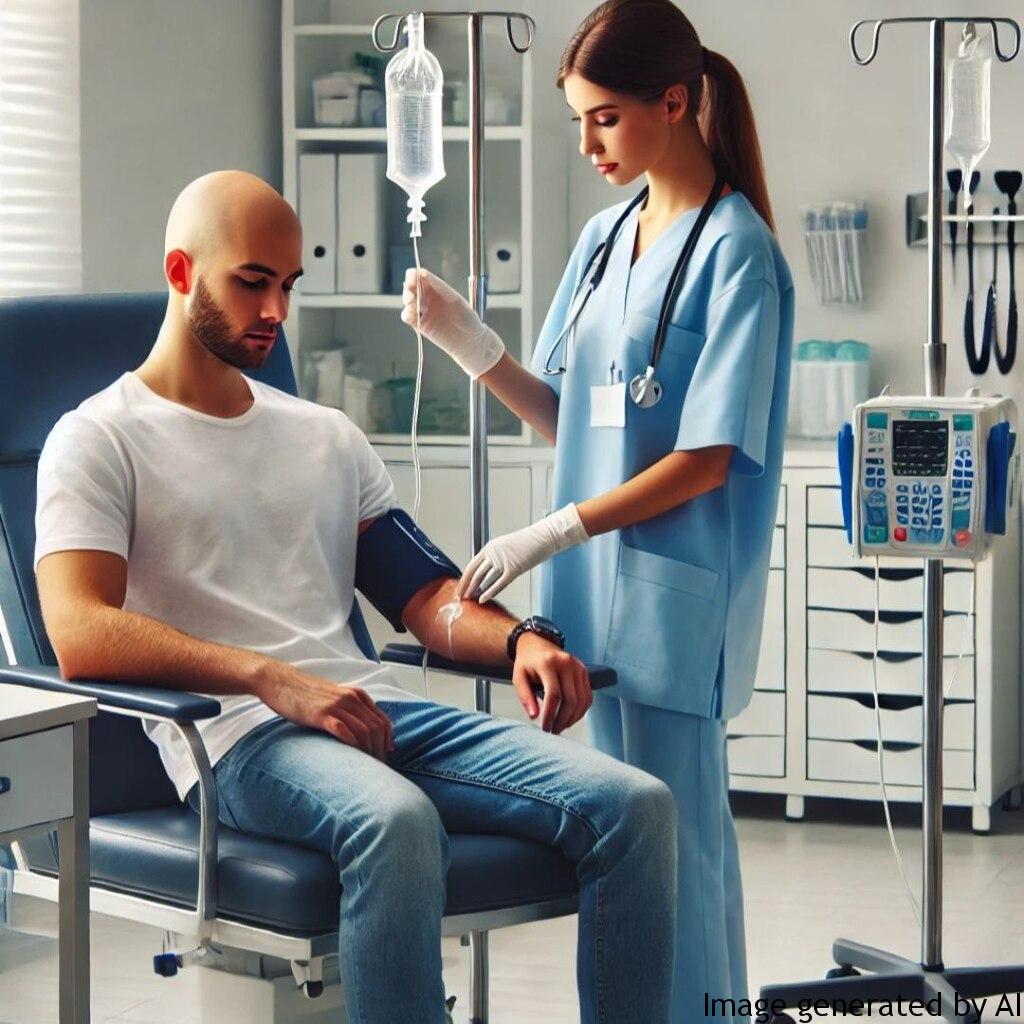Introduction
Chemotherapy is a well-known treatment used predominantly for cancer care and can present various side effects, including potential impacts on sexual function. While these effects are not necessarily permanent, they can significantly affect one’s quality of life and mental health. This article will explore how chemotherapy influences male sexual function, the role of gender expectations on men’s psychological health, and advice for men navigating these challenges.
Gender Expectations and Their Influence on Men’s Psychological Health
Societal norms and expectations regarding male sexual function can have a substantial effect on the psychological health of men undergoing chemotherapy.
The Pressure of Sexual Competence
Many societies place a high value on men’s sexual competence, often tying it to their identity and sense of self-worth. When chemotherapy disrupts this, it can trigger feelings of inadequacy and diminish self-esteem.
Emotional Suppression
The “masculine” norm of emotional stoicism can also harm men’s psychological health during chemotherapy. This standard often discourages men from expressing their feelings or seeking help, intensifying feelings of isolation and emotional distress.
Examples of How Gender Roles Can Affect Men’s Lives
The effects of gender expectations are exemplified in the experiences of men undergoing chemotherapy. One significant area is in relationships, where a loss of sexual function can strain intimacy and create tension. Furthermore, societal norms that equate masculinity with strength and resilience can cause men to avoid seeking support or expressing their fears about health changes, further exacerbating feelings of isolation and stress. The combination of physical health changes and societal pressures can lead to anxiety and depression.
Tips for Improving Psychological Health Considering Gender Roles
Despite these challenges, there are many strategies men can use to maintain and improve their mental health during chemotherapy.
Open Communication
Having open and honest conversations with partners, healthcare providers, and support networks can make the journey less isolating. Discussing fears and concerns and seeking advice can offer significant emotional relief.
Professional Support
Psychologists and psycho-oncologists can provide tailored interventions to help men manage their mental health. They can offer strategies for coping with anxiety and depression, building resilience, and managing relationship challenges.
Challenging Societal Norms
Challenging the societal norms around masculinity and presenting a broader perspective on manhood can be empowering. It’s essential for men to understand that seeking help and expressing emotions does not equate with weakness, but rather with strength and courage.
Conclusion
Chemotherapy’s impact on male sexual function must not be underestimated. While it’s a physical health issue, it intersects deeply with psychological health due to the strong societal norms and expectations around male sexual competence and emotional expression. Men and health professionals need to proactively address these complex interactions to support men’s overall health and well-being throughout chemotherapy.

